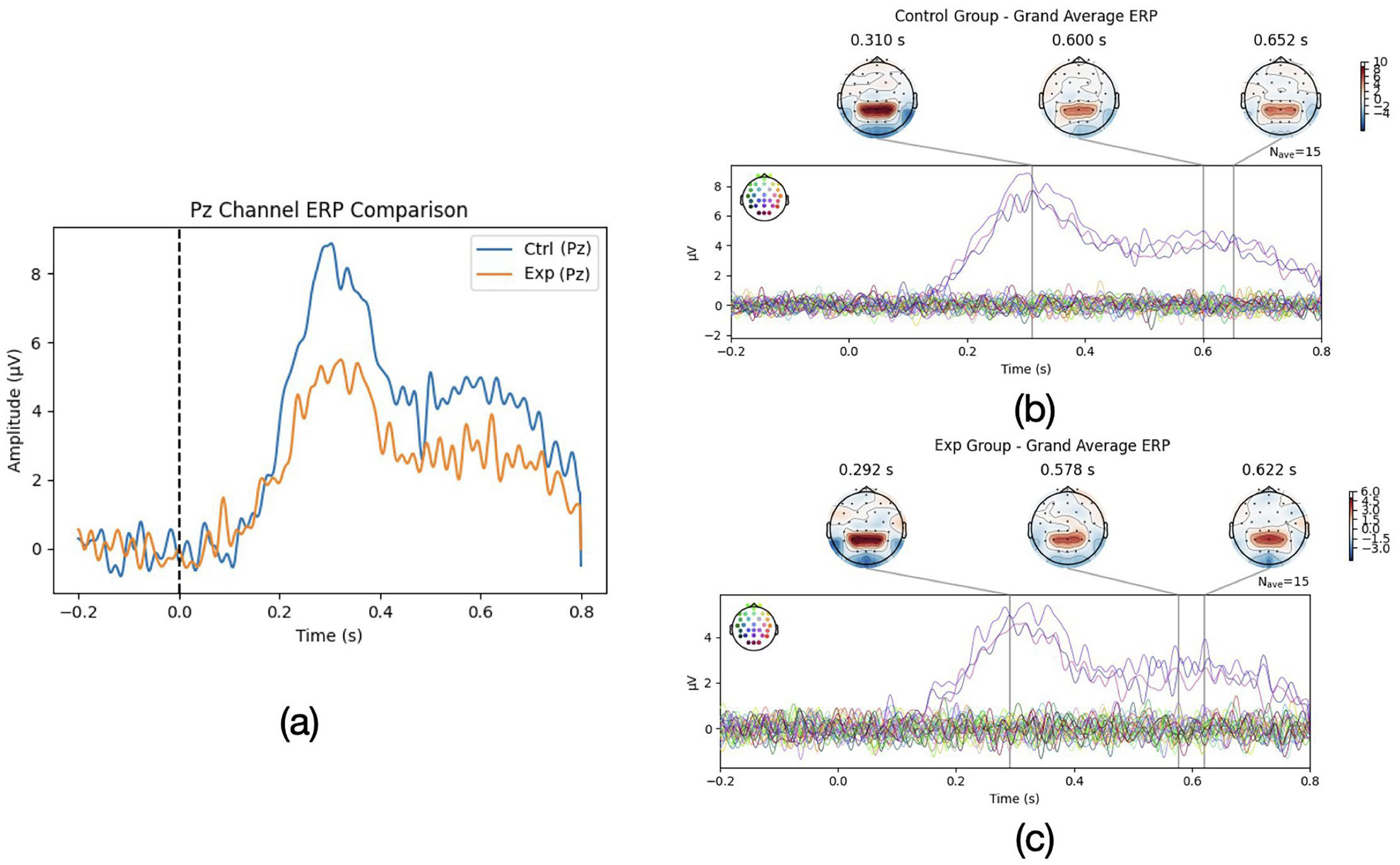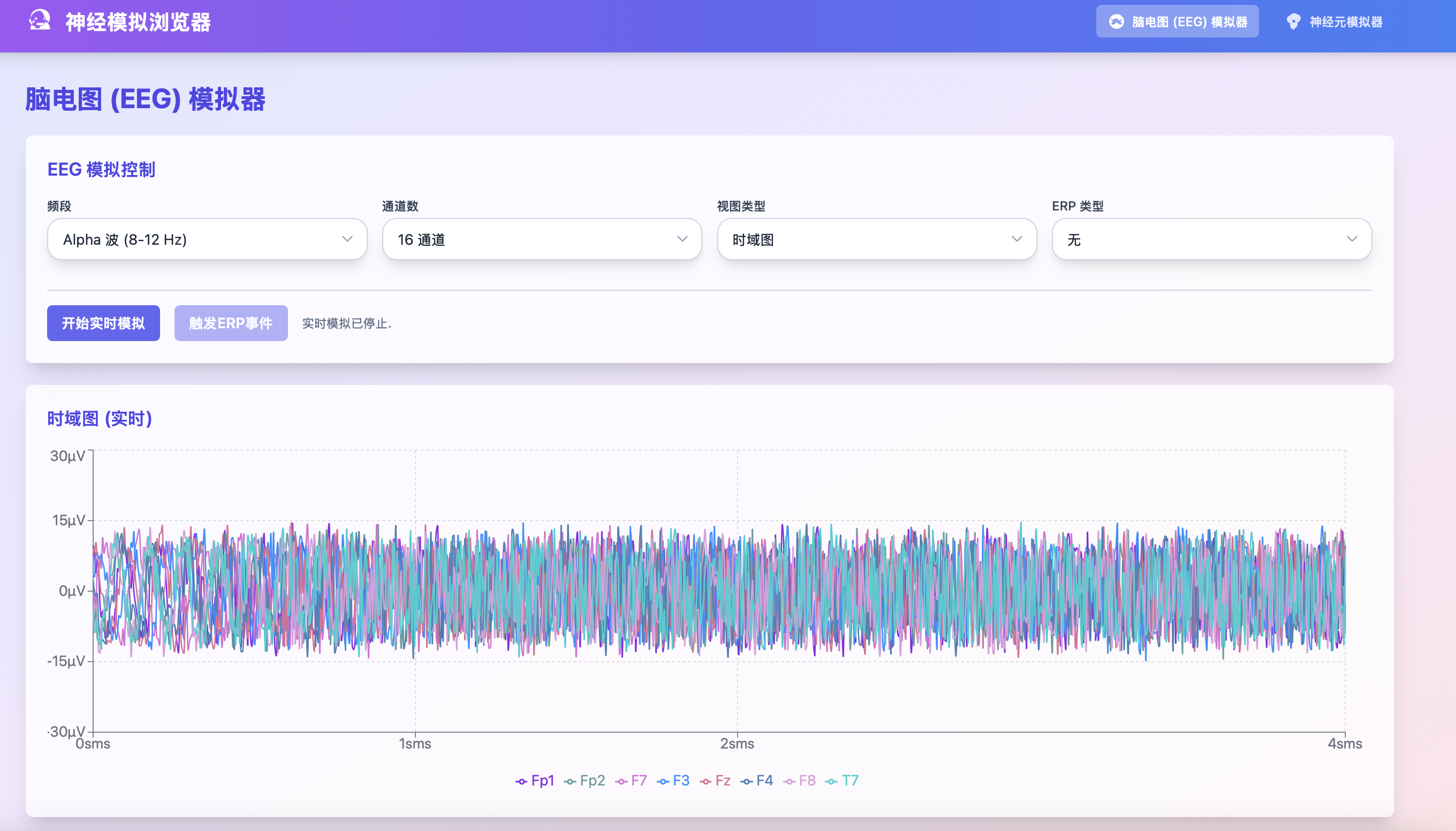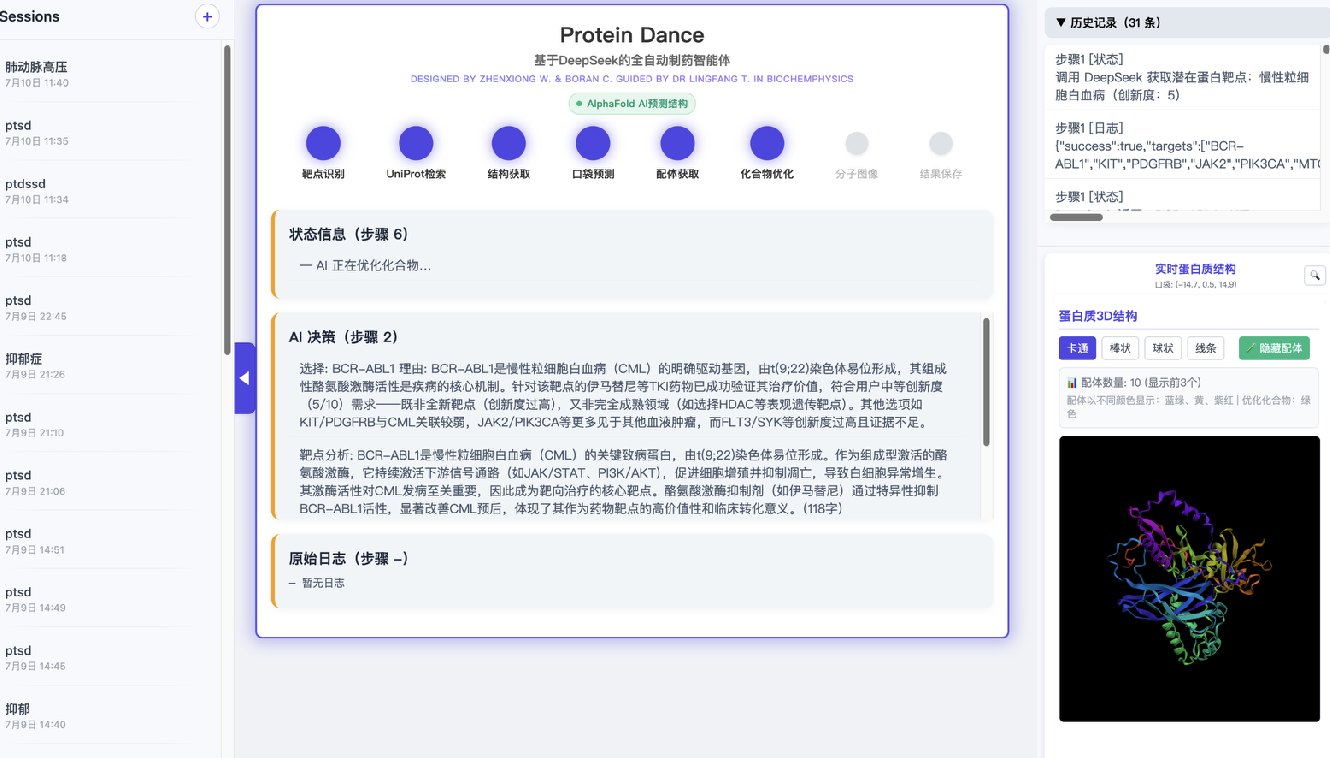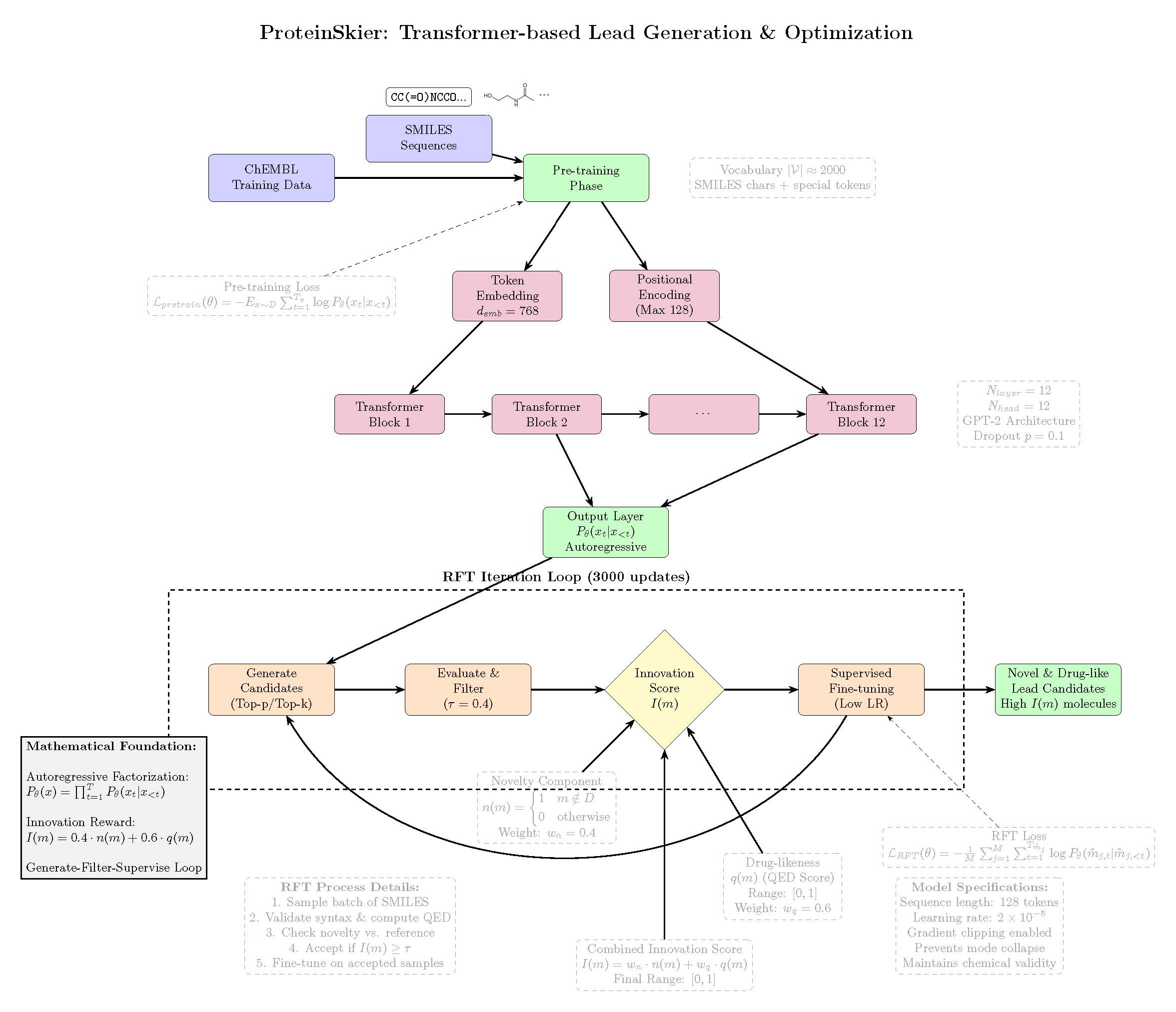🌟 About Me & Personal Philosophy
Available For Opportunities.
I’m a student at The Affiliated High School of Peking University (Dalton Academy) obsessed with the hidden rules of how minds meet the world—the micro-patterns of perception and decision. My compass is simple: stay curious, stay rigorous, stay kind. You can browse my work on Google Scholar and longer reflections on my Medium Channel.
An inborn streak of curiosity, close observation, and why-hunting pulls me toward the rules behind how we meet the world, the subtle patterns of perception and decision, which is why I’m devoted to cognitive psychology and neuroscience. My rhythm is straightforward: look hard, let a hypothesis spark, think deeply, then test it in the world. I start from first principles, mix methods without borders, and pressure-test ideas until they earn their keep (as a paper, a prototype, or a tool) because breakthroughs happen where curiosity meets rigor. My honesty and courage are rooted in love. I default to building: turn questions into testable claims, run the studies, curate the data so conclusions are reproducible and ready to be challenged; that evidence loop keeps me curious, grounded, and independent.
I optimize for work that is interesting, meaningful, executable, and reusable. I make these choices because my capability frontier already clears the next gate, and the fastest way to learn is to put skin in the game, build artifacts, and submit them to public scrutiny. My bar is external validity and reproducibility: pre-register when it helps, release code and data, and let independent replication be the judge. Impact, not optics; Mechanisms, not narratives. That’s how I earn the next stage—by doing work that stands when others push on it and that others can reuse.
What I believe:
- Publish in SCI/SSCI journals > collect competition prizes
- Email first authors in this field or read online blogs for what you don’t know> rely on step-by-step tutoring
- Cold-email top labs and ship results > enroll in packaged “student research” programs, such as “Pioneer Academics”
- Do real biology and analysis (experiments, code, preprints) > chase science-fair optics
- Found and teach a neuroscience course on campus > stack contest medals
- Be the youngest-in-the-room intern at Moonshot AI > spin up a symbolic “AI club”
🔥 Highlights
Continuing Updating …
- 2025.07: Frontiers in Psychology highlight — The Heart’s Eye: How Mental Imagery Influences Romantic Emotion. Read the paper →
- 2025.06: Research intern, Institute of Biophysics, CAS — tumor microenvironment & natural compounds.
- 2025.03: Started ProteinDance, an AI-assisted biopharma platform for structure-based drug discovery.
📝 Publications

The Heart’s Eye: How Mental Imagery Influences Romantic Emotion
Boran Cui, Yulin Kong, Weibo Zhang
*Frontiers in Psychology (2025)
Comparing vivid imagers and aphantasics with questionnaires, EEG, and HRV during a romantic imagery task, vivid imagery produced stronger neural (P3/LPP, reduced occipital alpha) and autonomic responses; aphantasia showed muted embodiment. Vivid visual imagery appears to amplify romantic emotional intensity and duration.
🧪 Projects

Timeline: 2025.06 – 2025.10 · Status: Completed · Role: Lead Developer
Stack: Python · Signal Processing · Neuroscience · Data Analysis
A research-grade platform for realistic EEG signal simulation and analysis, enabling algorithm testing and training in computational neuroscience.
Highlights
- Realistic EEG signal generation
- Multiple brain state simulations
- Advanced signal processing tools
- Research-grade accuracy

ProteinDance
Timeline: 2025.03 – Present · Status: In Development · Role: Lead AI Developer
Stack: Python · TensorFlow · Bioinformatics · Molecular Modeling · Drug Discovery
An AI-powered biopharmaceutical platform for protein structure prediction and high-throughput drug screening, integrating docking and bioinformatics pipelines.
Highlights
- AI-driven protein structure prediction
- High-throughput drug screening
- Molecular docking simulation
- Bioinformatics data integration

Timeline: 2025.01 – Present · Status: Research Phase · Role: Research Lead
Stack: Python · PyTorch · Transformers · NLP · Computational Biology
A GPT-2–based protein language model for function prediction, novel sequence generation, and assisting drug-molecule design.
Highlights
- GPT-2–based protein LM
- Protein function prediction
- Novel protein sequence generation
- Drug molecule optimization assistance
🔧 Technical Skills
💻 Programming Languages: Python, R, C++
🤖 AI & Machine Learning: TensorFlow, PyTorch, Scikit-learn, Transformers, Computer Vision
🧬 Bioinformatics & Drug Discovery: Molecular Modeling, Protein Analysis, Drug Design, ADMET Prediction, Chemical Informatics
🧠 Neuroscience & Signal Processing: EEG Analysis (EEGLAB in MATLAB, MRN Lib in Python), Signal Processing, Neuroscience Research, Data Analysis
🎖 Honors and Awards
- 2025.03 Conducted “Neuroscience and Psychology” class with 2 credits for 20+ students at the Affiliated High School of Peking University.
- 2023.10 Dalton Research Grant, CNY 4000 (Awarded One of Two), The Affiliated High School of Peking University.
- 2023.07 “Excellent Research Report” of 2023, Top 10, Biophysical Society of China.
📖 Educations
- 2023 - Now [Special Program] Talented Youth Initiative ‘23, School of Psychological and Cognitive Sciences, Peking University, China.
- 2022.06 - Now Dalton Academy, The Affiliated High School of Peking University, China.
- 2019.09 - 2022.06 Junior Section, The High School Attached to Beijing Jiaotong University, China.
💻 Internships and Experiences
Institute of Biophysics, Chinese Academy of Sciences — Research Intern (Tumor Microenvironment & Natural Compounds)
2025 · Beijing
- Ran MTT assays for CAF viability under MPSSS; Annexin V/PI flow for apoptosis.
- End-to-end qPCR (RNA → cDNA) validating MPSSS-mediated Ets1 downregulation; contributed evidence for immune-suppressive pathway modulation.
- Analysis & visualization in GraphPad Prism.
Moonshot AI — Product Strategy & Growth Intern (Kimi)
2024.02 – 2024.03 · Beijing
- Positioned agentic features (tool use, multi-step reasoning) with user personas & module design.
- Co-designed GTM simulation (long-context, multimodal, developer ecosystem), with branding & pricing hypotheses.
- Led a mock growth experiment: messaging angles, community ops, and freemium vs. limited-time pricing.
💬 Kind Words
All the encouragement and feedback from emails or recommendation letters given me greater confidence in pursuing scientific research.
“Possesses strong learning abilities and has demonstrated excellent performance in previous research work.”
— Qiufang Fu, PhD, PI, Institute of Psychology, CAS
“Having a clear interest and independently conducting research during high school is a rare and valuable experience. Your reflections and understanding of scientific research have also left a deep impression on me.”
— Ying Wang, PhD, Young Distinguished Researcher, Institute of Psychology, CAS
“With a strong sense of curiosity and responsibility, he approaches the study and exploration of biological knowledge with exceptional enthusiasm and focus. Not only does he have a solid foundation in biology and consistently ranks among the top in various exams, but he also excels in self-directed learning.”
— Weibo Zhang, PhD, Chief Science Subject Teacher, Biology Teacher, Dalton Academy, The Affiliated High School of Peking University
© 2025 Boran Cui. All rights reserved.
京ICP备2025137817号-1 · 京公网安备11010802046140号

